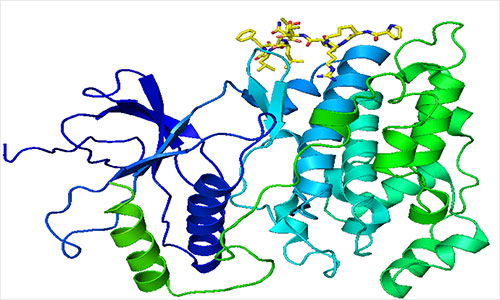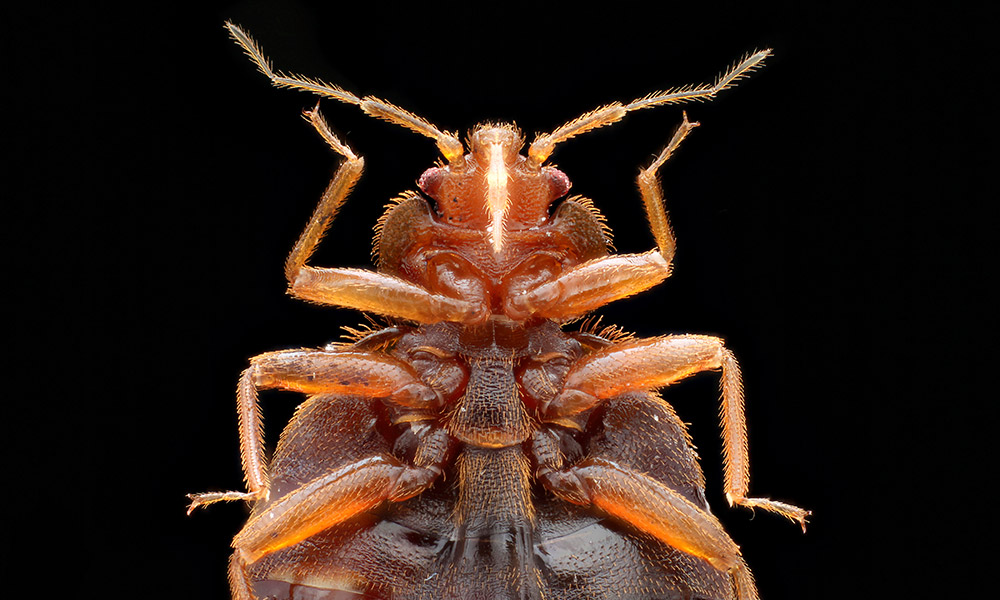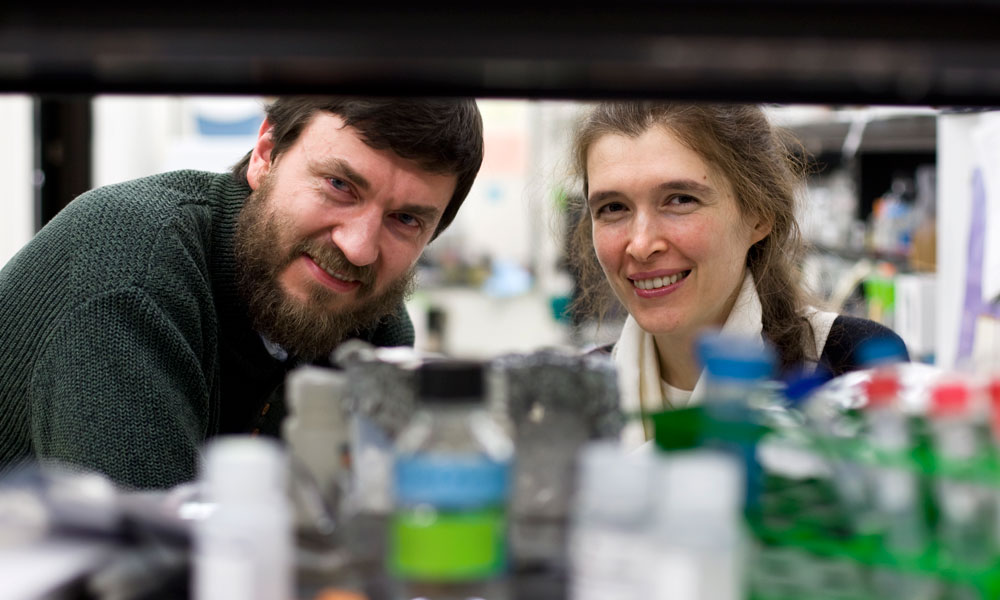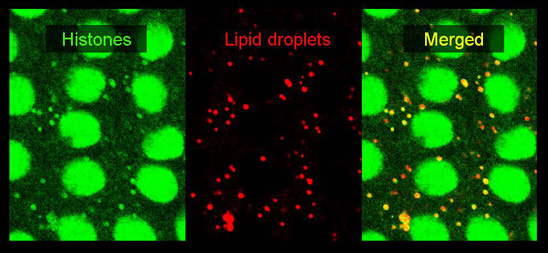
Protein found that initiates DNA repair
Researchers who specialize in the study of aging have identified a protein that may serve as a first responder, activating a “longevity gene” known as sirtuin 6 and setting in motion a cascade of molecular first responders to repair damaged DNA.

Scientists map genome of common bed bug
“There’s an explosion of insect genome sequencing right now,” said Jack Werren, a professor of biology and a member of the research team. “But the bed bug is particularly interesting because it’s a human parasite, a major pest, and has a unique biology.”

Less effective DNA repair process takes over as mice age, biologists find
Biologists Vera Gorbunova and Andei Seluanov have discovered one reason for the the increase in DNA damage as we age: the primary repair process begins to fail and is replaced by one that is less accurate.

Rethinking Toxic Proteins on the Cellular Level
Histones are proteins needed to assemble DNA molecules into chromosomes. New research at the University of Rochester is causing a fundamental shift in the concept of histone balance and the mechanism behind it.
